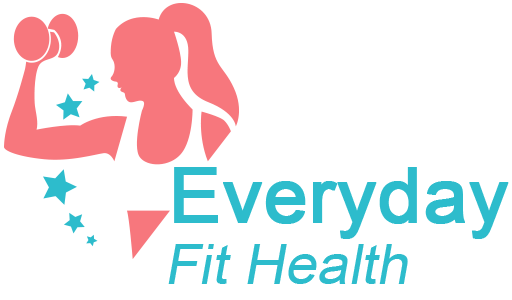The paleo diet, also known as the “caveman” diet, has gained popularity in recent years as a way to eat like our ancient ancestors. This diet focuses on whole, unprocessed foods that were available to humans during the Paleolithic era, such as meat, fish, fruits, vegetables, nuts, and seeds. While some people swear by the benefits of the paleo diet, others are skeptical. Here are some of the pros and cons to consider when it comes to the paleo diet:
Pros:
Focuses on whole, unprocessed foods: The paleo diet emphasizes whole, nutrient-dense foods that are rich in vitamins, minerals, and antioxidants. This can help improve overall health and reduce the risk of chronic diseases.
Promotes weight loss: The paleo diet is naturally low in carbohydrates and high in protein, which can help promote weight loss and reduce body fat.
Reduces inflammation: The paleo diet eliminates processed foods, refined sugars, and grains, which can contribute to inflammation in the body. By reducing inflammation, the paleo diet may help improve a variety of health conditions.
Can be customized to individual needs: The paleo diet can be modified to meet individual needs and preferences, such as adding more or less carbohydrates or protein.
Cons:
Restricts certain food groups: The paleo diet eliminates entire food groups such as dairy, grains, and legumes, which can make it difficult to get all the necessary nutrients.
May be difficult to sustain: The paleo diet can be difficult to sustain long-term, especially for those who are used to eating a variety of foods.
Can be expensive: The paleo diet can be expensive, as it emphasizes high-quality, grass-fed meats, wild-caught fish, and organic produce.
Lacks scientific evidence: While some studies have shown that the paleo diet can lead to weight loss and improve certain health conditions, there is limited scientific evidence to support its long-term health benefits.
Overall, the paleo diet can be a healthy way to eat for some people, but it may not be the best fit for everyone. It’s important to consider individual needs and preferences, as well as consult with a healthcare professional before making any significant changes to your diet.












